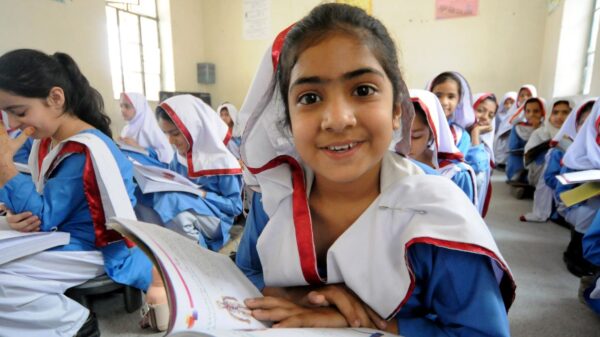Mohenjodaro and other heritage sites in Sindh face growing risks from natural disasters, prompting UNESCO to mobilize resources to safeguard these cultural landmarks. UNESCO has secured $150,000 from the World Heritage Fund to support the Sindh government in assessing damages and implementing protective measures for the two UNESCO World Heritage Sites against future rainfall impacts.
Additionally, a $50,000 restoration project at Makli is underway to rehabilitate two tombs severely damaged by floods. These initiatives highlight the critical need for integrating disaster risk preparedness into cultural heritage preservation, according to a UNESCO press release.
The devastating monsoon floods of 2022 inflicted severe damage on cultural heritage across Sindh, including the Archaeological Ruins of Mohenjodaro and the Historic Monuments of Makli, causing significant structural harm. UNESCO’s Post-Disaster Needs Assessment 2022 estimated damages to cultural sites at approximately $6 million, underscoring the vulnerability of Pakistan’s invaluable heritage.
To address these challenges, UNESCO partnered with the Directorate of Antiquities and Archaeology, Sindh, to host a five-day workshop on “Disaster Risk Reduction for the Safeguarding of Cultural Heritage” at Mohenjodaro. Led by Dr. Cristina Menegazzi, an international culture and heritage expert, the workshop brought together 25 participants from provincial authorities, Aga Khan Cultural Services Pakistan, universities, foreign archaeological missions, and private heritage organizations to share insights and best practices.










